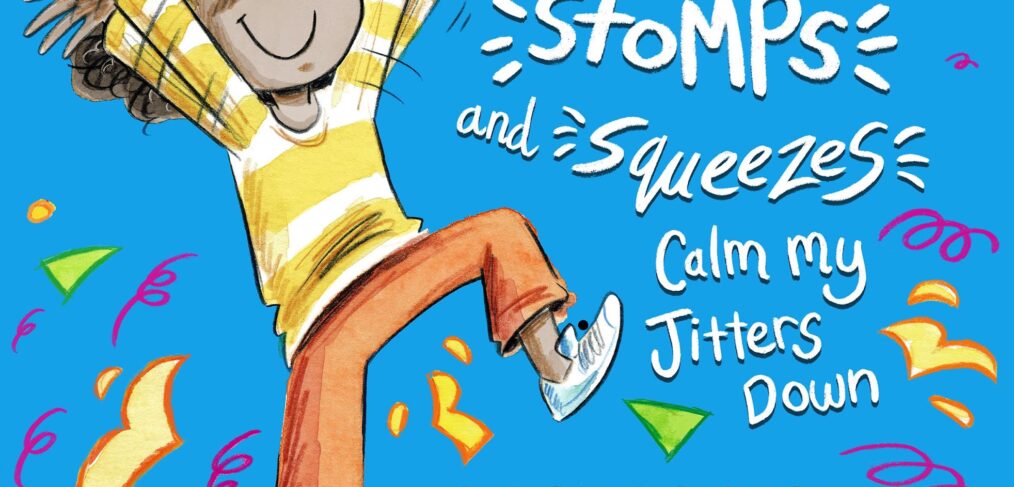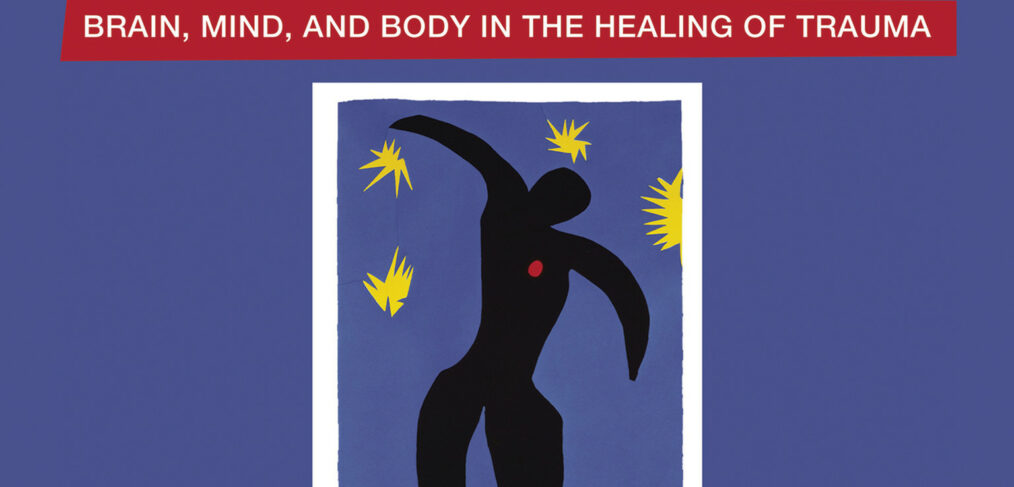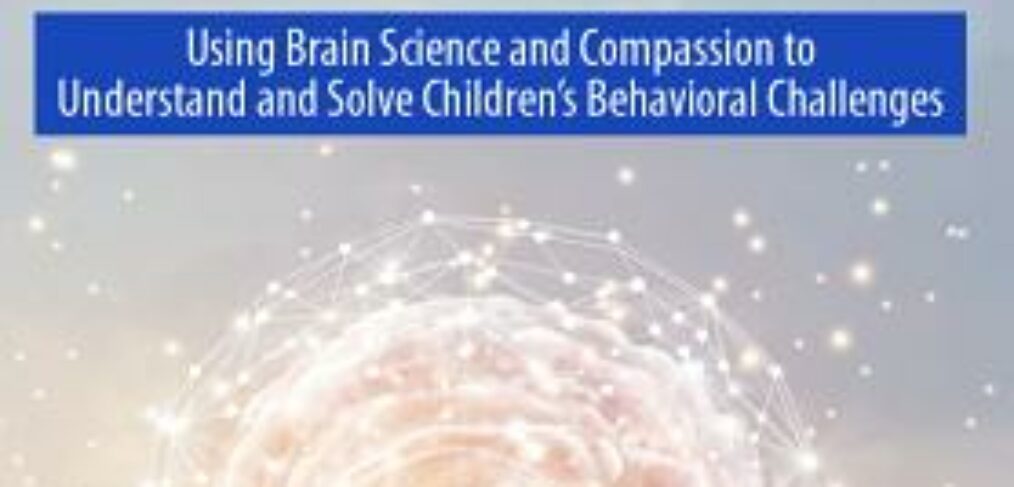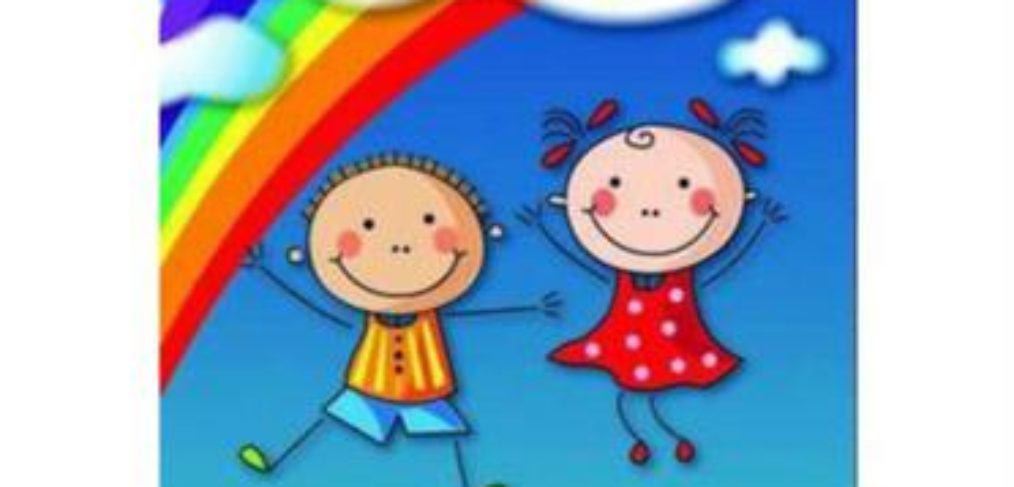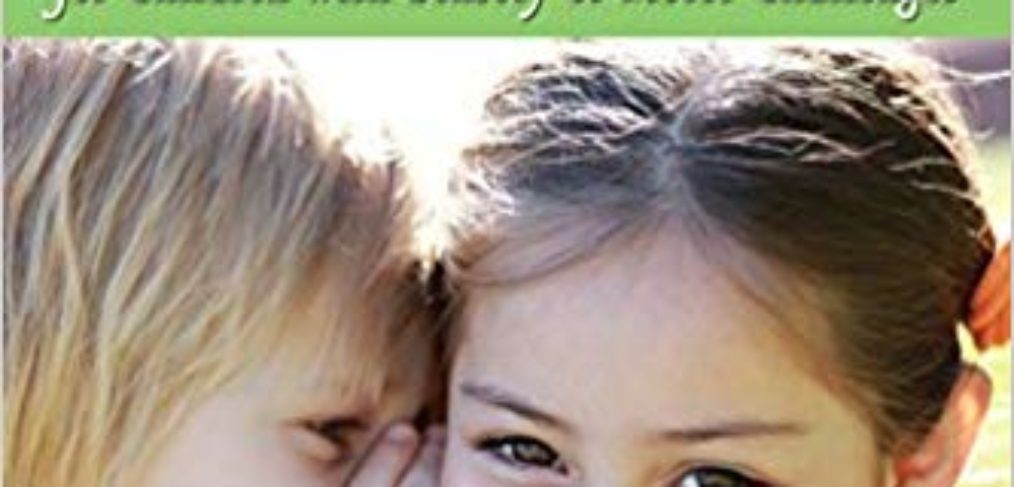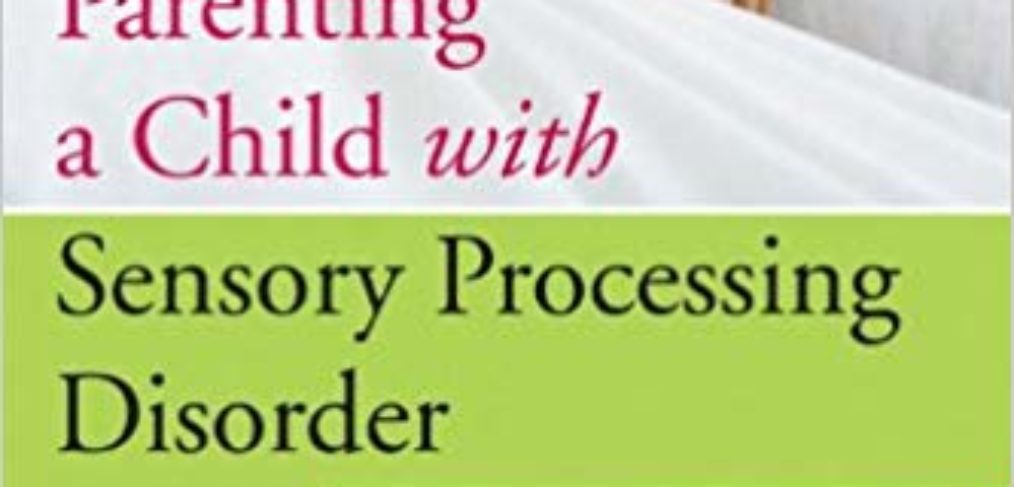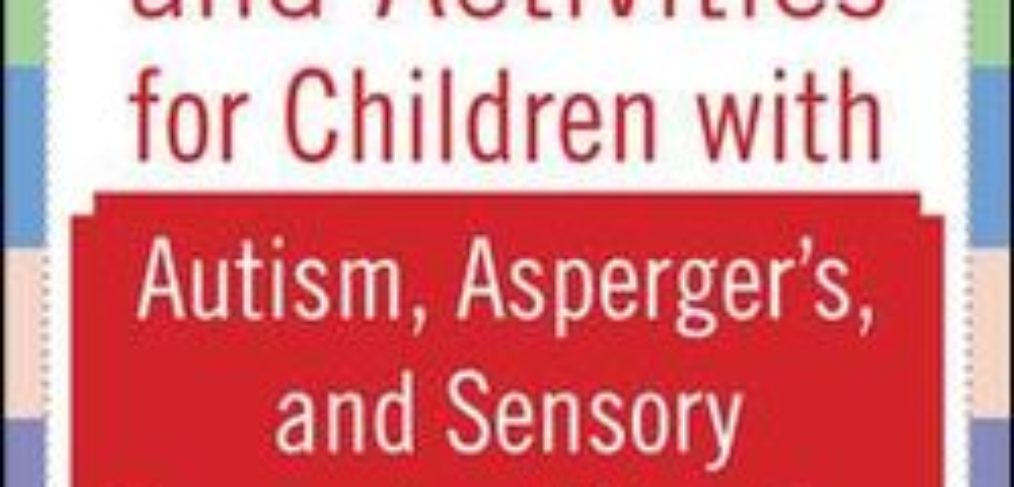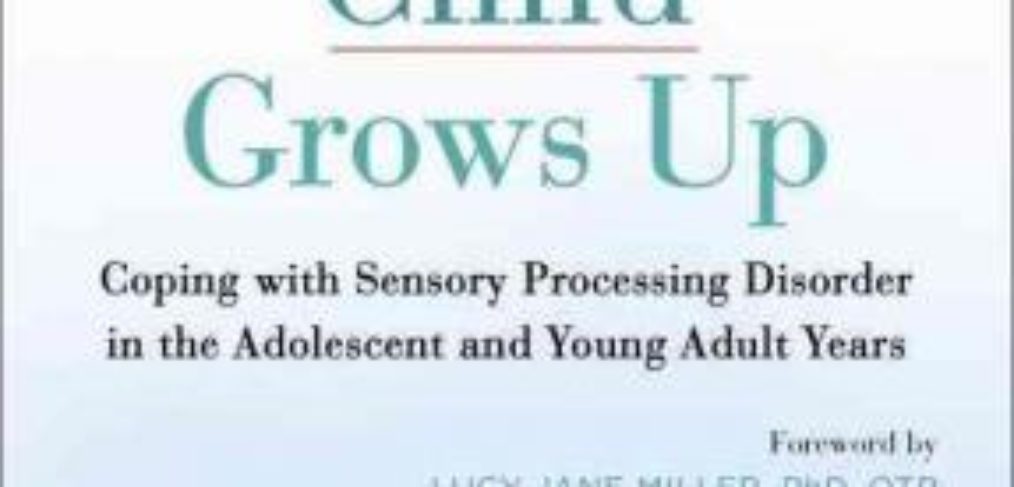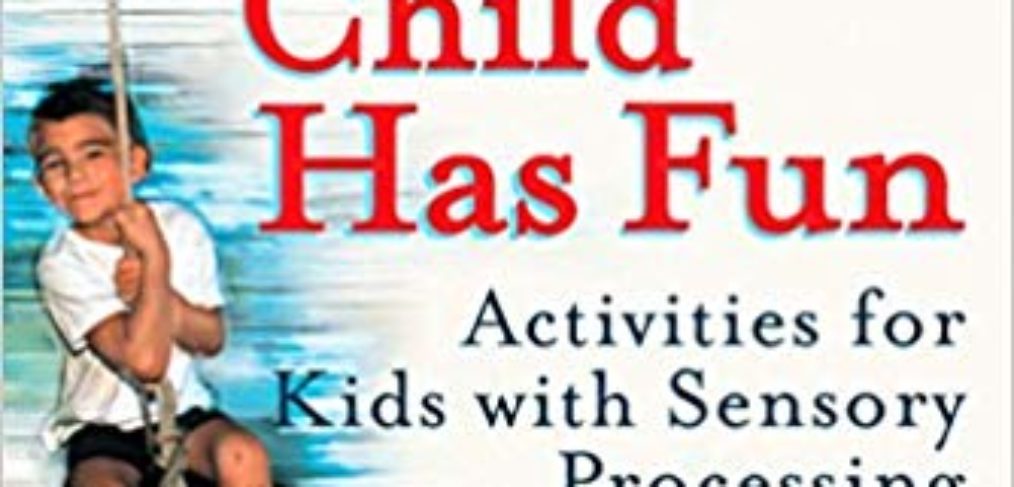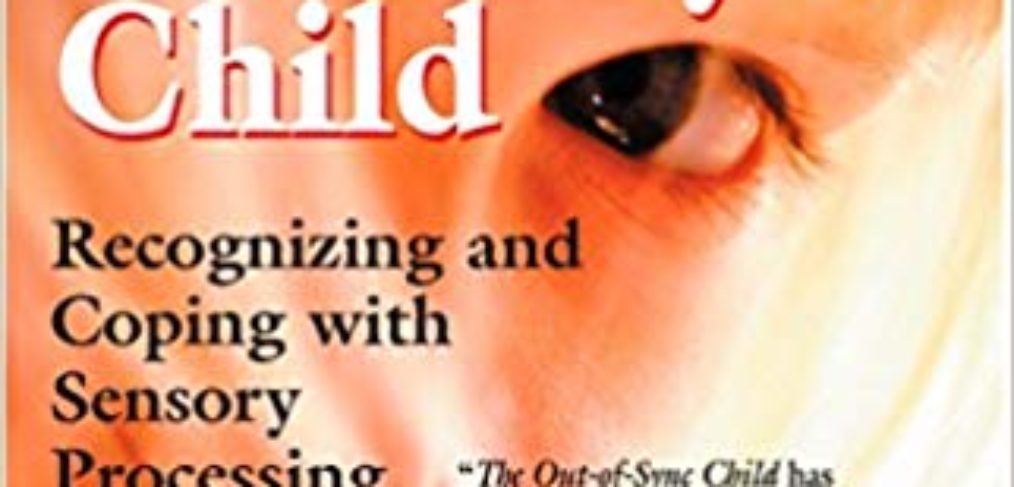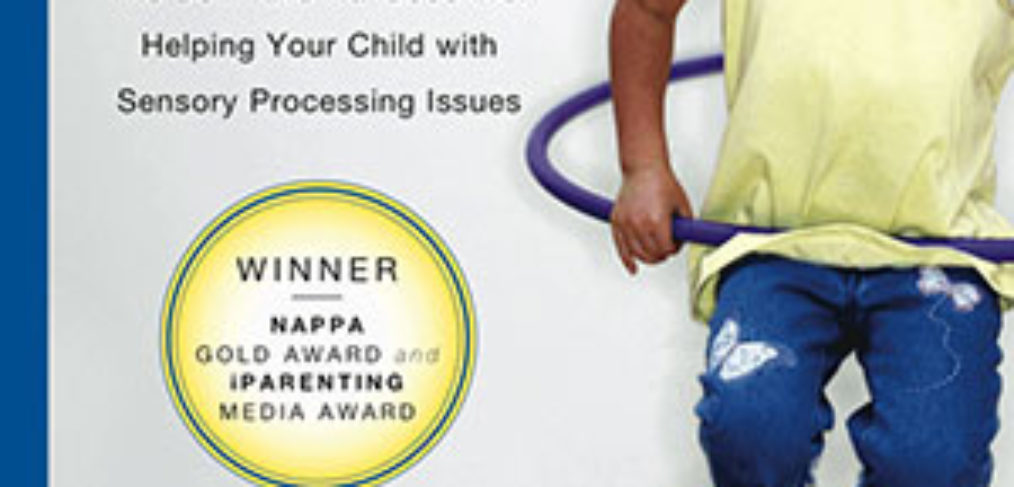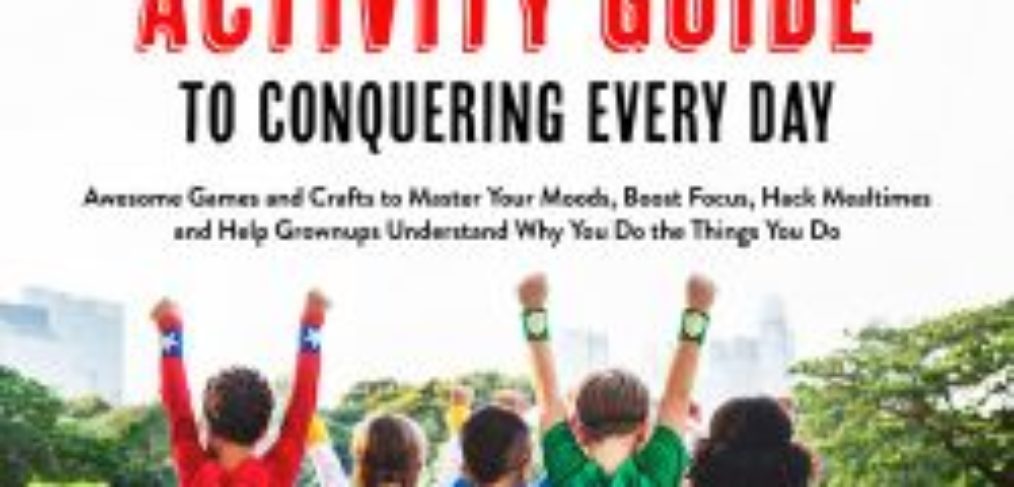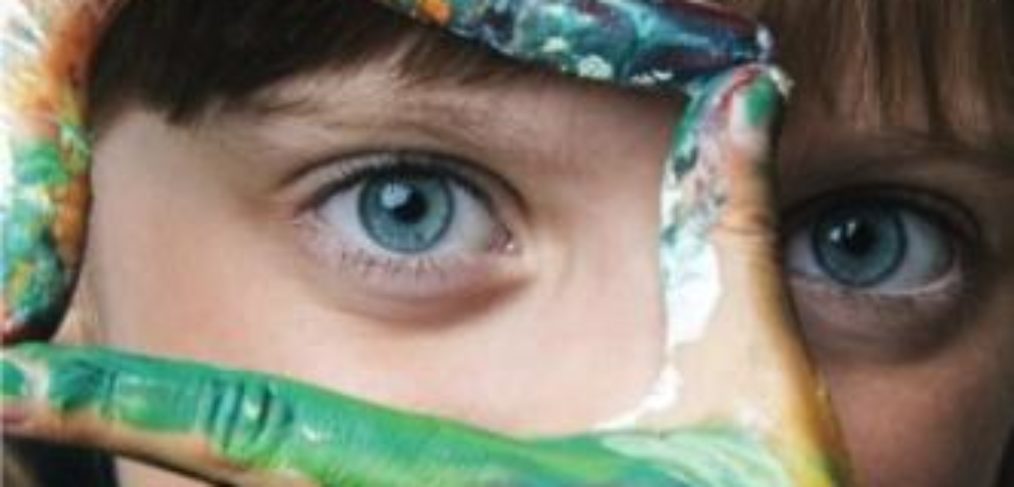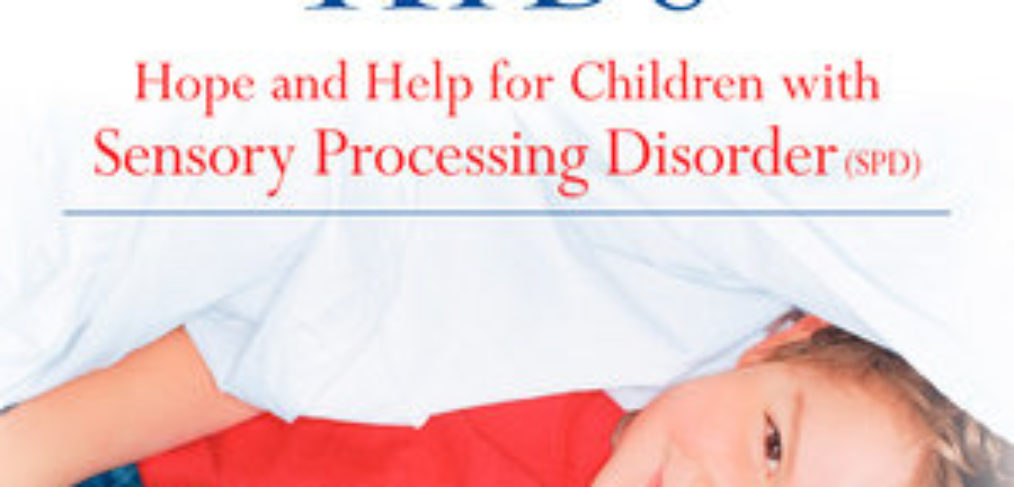How to cope when the world overwhelms you.
For those people who:
have a keen imagination; are labelled too shy or too sensitive; who perform poorly when being observed even though they are usually competent; have vivid dreams; for whom time alone each day is essential;
and find they are quickly overwhelmed by noise and confusion, crowded parties, hectic office life………….
this is the book to help them understand themselves and how best to cope in various situations.
Highly sensitive people are often very bright and creative but many suffer from low self esteem. They are not ‘neurotics’ as they have been labelled for so long. However, high sensitivity can lead them to cease to engage with the outside world.
The book offers solutions for a happy and fulfilling life. Particularly in the way an HSP perceives his or herself: the book helps to ‘reframe’ past events, such as a difficult childhood, or how they see themselves – ie. shy.
Particularly strong material for those raising a sensitive child



